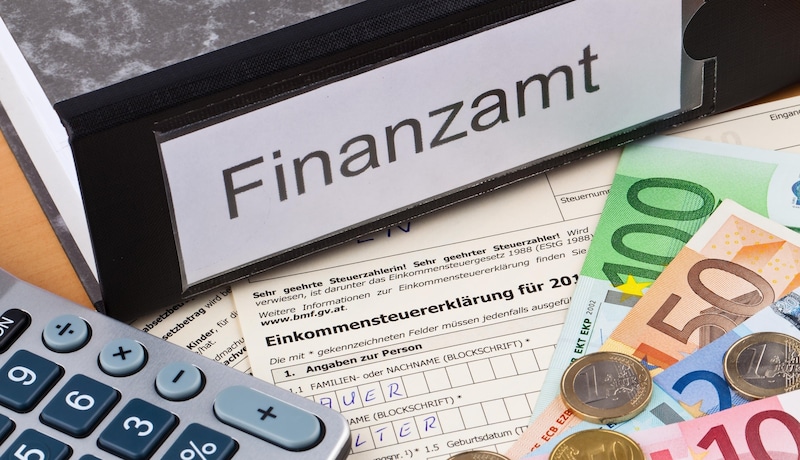Black sheep
Austria’s gamblers can hope to win on no fewer than 832 Internet gambling sites. They are available here, although all but one of them are actually illegal. The domestic industry has now revealed this for the first time. Regulation should put the brakes on these black sheep in future.
It is estimated that the turnover of these providers will already reach 500 million euros this year. The largest of these are stake.com, lottohelden.com, lottoland.at and platincasino.com. These four alone are likely to account for around 20 percent of business.
However, with the exception of Casinos Austria’s win2day, all gambling companies are illegal in Austria, as the law only provides for one license.
Republic loses millions in tax revenue
While the monopolist or providers with licenses from other European countries pay 40 percent tax on their gaming revenue (gross gaming revenue) in Austria, the illegal providers from third countries collect their Austrian turnover tax-free. As a result, the Republic loses tax revenue of around 200 million euros per year, says an industry representative.
And he notes that these are conservative estimates. The reason for this is that it is mainly people who may have problematic gambling behavior who play on the black market and therefore gamble for comparatively more money than they would if they were playing with reputable, licensed providers where comprehensive player protection rules are observed.
Some, such as Entain (bwin), nevertheless pay millions in taxes in our country. They therefore want regulation to stop gambling platforms from Asia, the Caribbean and other tax havens. As in almost all other European countries, control through licenses is necessary. Finland also wants to liberalize and regulate the market in this way as early as 2025.
Austria as a latecomer in Europe
Only Austria will have the old system with a state-protected monopolist, although win2day has been majority-owned by a Czech gambling billionaire via Casinos Austria for years. A tender for several licenses with strict conditions would therefore improve player protection compared to the current large black market, as gambling addicts could be blocked by a common blacklist. In addition, there would also be legal certainty for providers, who are repeatedly faced with lawsuits from failed gamblers who want their lost money back through clever lawyers – often successfully.
This article has been automatically translated,
read the original article here.




